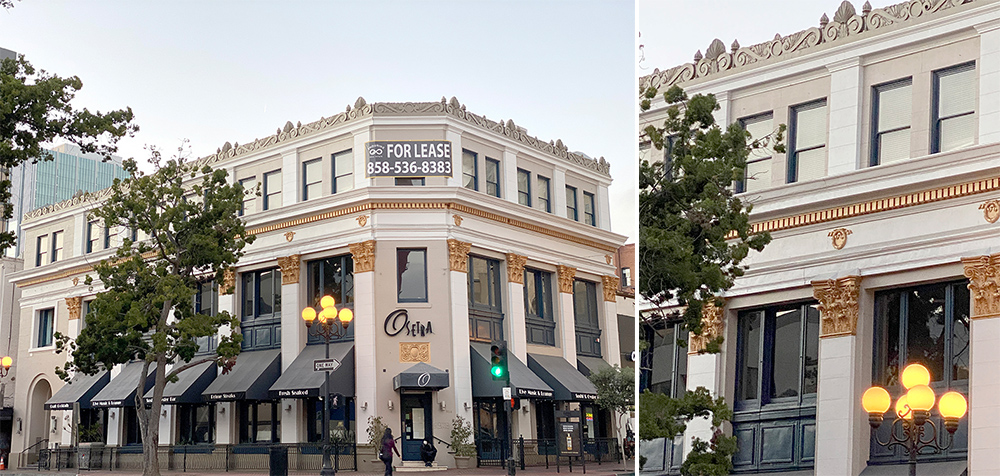
Por Brian Schrader
For years we’ve seen popular ideas fail to become law even when they enjoy broad and bipartisan support. In that same time, we’ve seen the needs of society change dramatically and the intensity of political polarization increase to levels unseen in the modern era. Our political institutions have found themselves paralyzed and unable to cope with the stresses placed upon them and so many have begun to look outside the political system for solutions. American governance has been paralyzed by polarization and by a history of anti-democratic practices. For the most part, the latter feeds the former, but in this new chapter of American history we have a chance to break this cycle, right some of our past missteps, and improve the lives of all Americans. To do so we need to make our government more “small d” democratic.
Democratic reforms, which are unrelated to the Democratic party, are changes that improve democracy and promote the rights of all citizens. Yascha Mounk, in his book “The People vs. Democracy,” defines the fundamental goal of liberal democracy (i.e. a representative or direct democracy that protects the rights of all people) thus: Proposals should become public policy if they are popular with the majority and don’t unjustly infringe upon the rights of the minority. This is how most Americans believe their government works, but it’s not, and it never has been.
At the federal level, the Senate filibuster rule has become a hot-button topic in political circles, and for good reason. This arcane procedural rule, in effect, ensures that a simple majority of 51 votes is almost never enough to pass major legislation. In most cases, a supermajority of 60 votes is required, ensuring that no party is or ever will be able to regularly enact policy goals. This is obviously not how democracy is supposed to work, but it gets worse. When parties can’t enact their preferred legislation, the outcomes, and performance of publicly elected officials can’t be judged by the people at large. This breaks the fundamental feedback loop of democracy and only serves to increase tensions between the parties and foment distrust. Popular reforms are never implemented, polarization increases and society stagnates.
At the state level things are different in kind, yet similar in outcome. Even in California, the greatest state in the union, we’re not immune. In fact, we may be among the worst offenders. Our laws are littered with anti-democratic policies. Multiple state laws and constitutional amendments include supermajority requirements to repeal or amend. Prop 22, made law by voters in November 2020, includes a requirement that a 7/8ths majority of both houses of the state legislature is needed to approve any amendments. Whatever you think of Prop 22, this requirement should raise considerable suspicion, as it ensures that no changes will ever be made to the law, no matter the situation. In a democracy, the people are free to make laws as they see fit, but those laws should never prevent future voters from unmaking them, since what is good for one generation will not always be good for the next.
Some argue that supermajority requirements ensure bipartisan outcomes, but this simply doesn’t play out in practice. It fails to recognize our current polarization and it underestimates the potential of government to simply do nothing. Instead of building consensus, supermajority requirements increase the likelihood that nothing actually happens, and that no reforms can be made.
The trajectory of American history has never been a straight line towards progress, but with the correct reforms at the state and federal levels we could alter our present course and work to build “a more perfect Union.” To paraphrase Astra Taylor’s book “Democracy May Not Exist, but We’ll Miss It When It’s Gone,” democracy is not a goal that can be achieved. Instead, it is a vision to pursue, requiring constant adjustment and rededication. When asked, the vast majority of Americans approve of numerous consequential societal reforms. We can all see that things need to be fixed, but our history, and a few outdated traditions, prevent us from enacting meaningful change. If we want to move forward, we need to dismantle the obstacles in our path. Supermajority requirements stand in our way and encourage further division. We must shun such minoritarian tactics and become more democratic.
— Brian Schrader es dueño de un negocio local, desarrollador de software, escritor y residente de San Diego que vive en Normal Heights.








